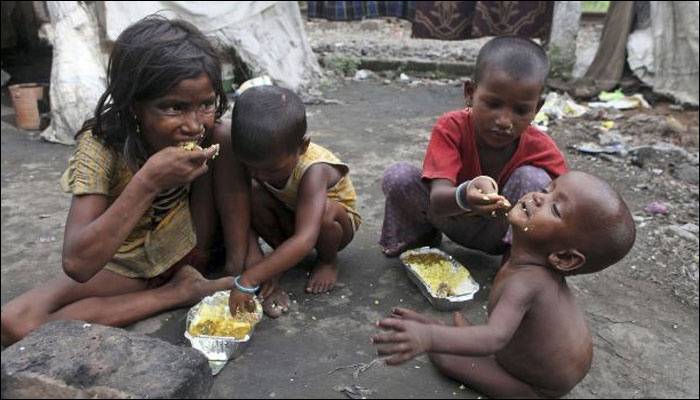Myanmar must give citizenship to Rohingya: UN refugee chief
Shares

UNITED NATIONS: Myanmar must grant citizenship to hundreds of thousands of Rohingya Muslims so that they can return from Bangladesh to the Southeast Asian country, where they fled government-run violence against the persecuted minority group, the head of the Office of the United Nations High Commissioner for Refugees (UNHCR) has said.
"These people cannot remain stateless because this statelessness exposes them to discrimination and abuse, as has been the case in the past,' High Commissioner Filippo Grandi told a press conference Thursday after briefing the UN Security Council on the situation.
More than 600,000 Rohingya Muslims have so far fled the predominantly-Buddhist Myanmar to neighboring Bangladesh since August 25, when the crackdown on the Rohingya intensified in Rakhine state.Council that circumstances in Bangladesh, where hundreds of thousands of Rohingya refugees have fled from the northern part of Myanmar's Rakhine state, were a "stark illustration of what happens when the root causes of conflict and violence are not addressed and the relationship between a state and some of its people breaks down," Grandi said.
The Rohingya from Rakhine constitute "probably the most acute" current refugee crisis, he said.
"We have very incomplete visibility of what is happening in Rakhine, but people continue to come [to Bangladesh], so they don't feel safe there," Grandi told reporters, also calling for the restoration of humanitarian access and an end to the violence.
Myanmar authorities assert that the military operations -- a response to the August attacks -- have long since ended. But reports of ongoing violence and the continuing stream of Rohingya across the border have clouded claims of stability and cast doubt on the government's promise to allow refugees safe return to their homes.
"Of course, for people to go back and for this return to be sustainable, you need to address the very complex issue of citizenship," Grandi said. A Muslim minority in mostly Buddhist Myanmar, the Rohingya are seen by the government as illegal immigrants from Bangladesh and denied legal status. "I don't even know if any return will happen in any significant number if that issue is not unblocked," the commissioner said.
Security, respect for human rights, and progress on resolving the long-standing problem of Rohingya statelessness are essential to creating the conditions for their safe return, Grandi said.
The Security Council "has a particular responsibility" in addressing the causes of conflict, said Francois Delattre, the French ambassador to the U.N., on Thursday morning ahead of Grandi's briefing.
A draft resolution recently circulated to the council's 15 members by France and the U.K. would seek to assert "maximum pressure" on the Myanmar authorities through "three key priorities: to stop violence, to help humanitarian aid get through, and to prepare for the return of refugees," Delattre said before heading into the meeting.
